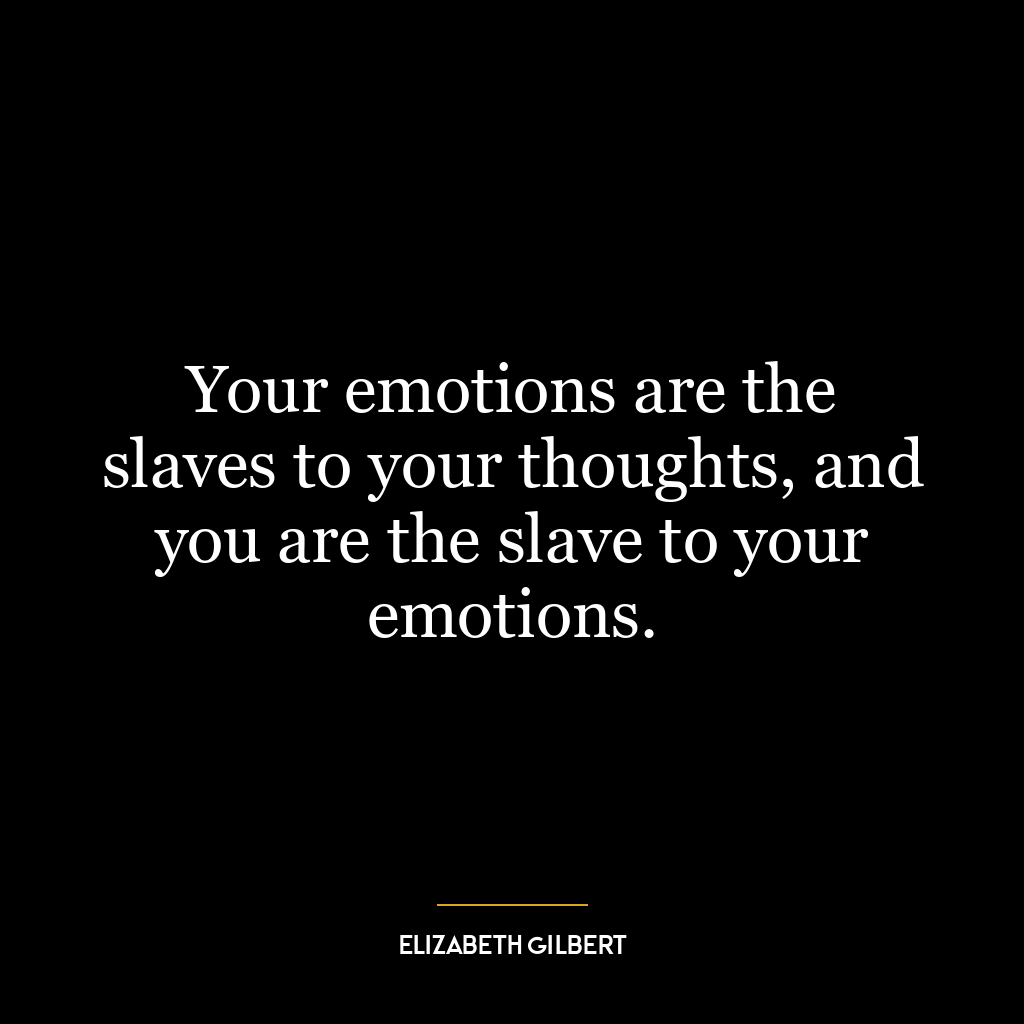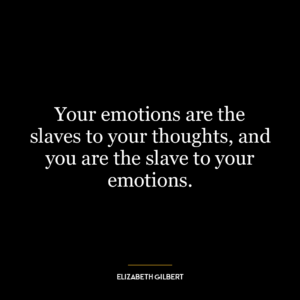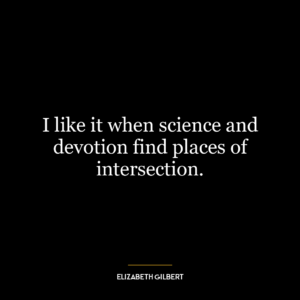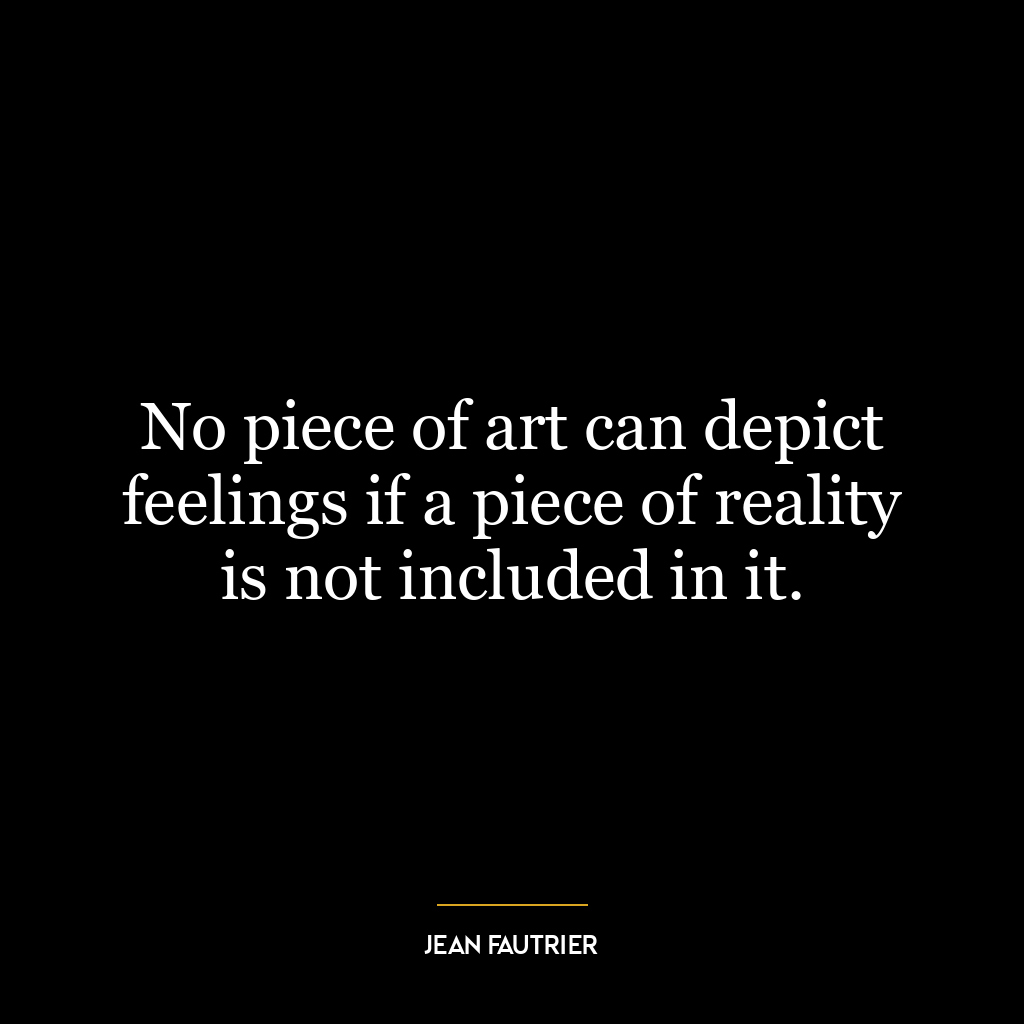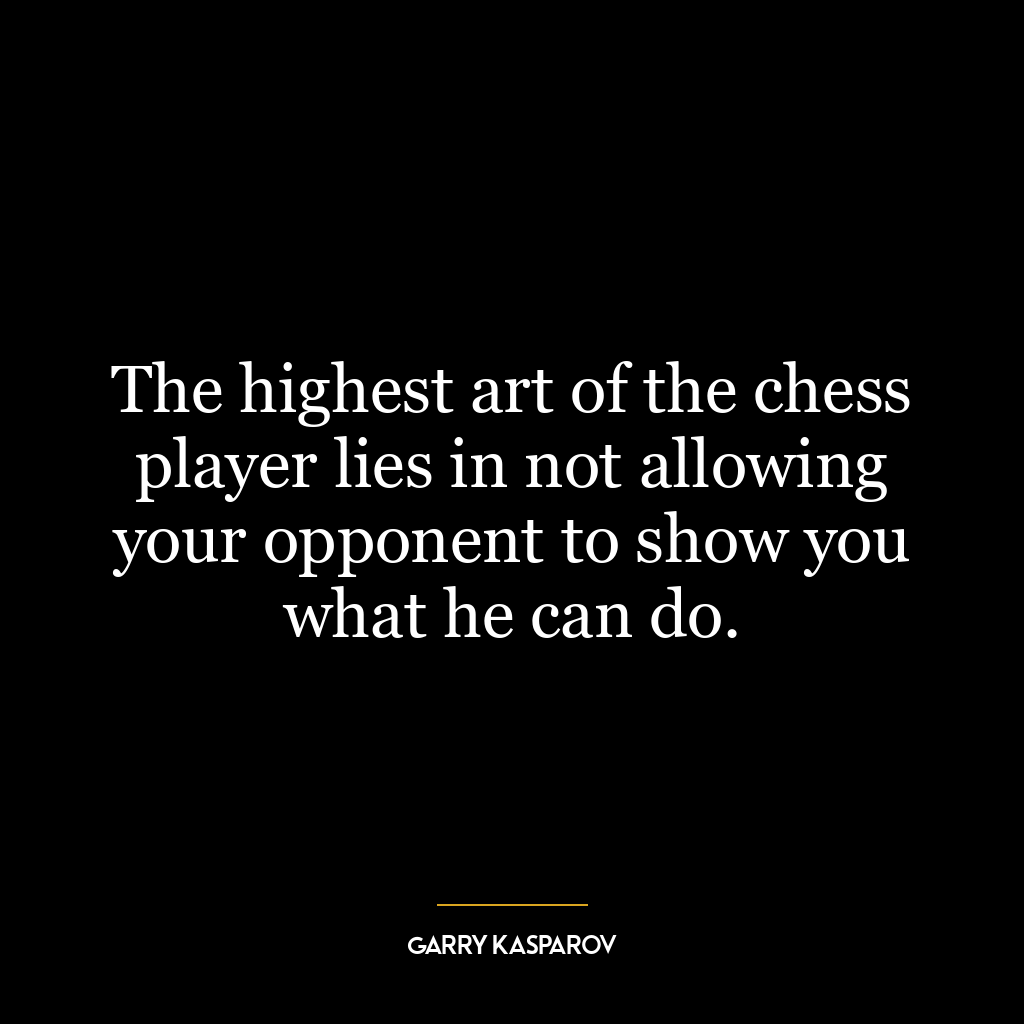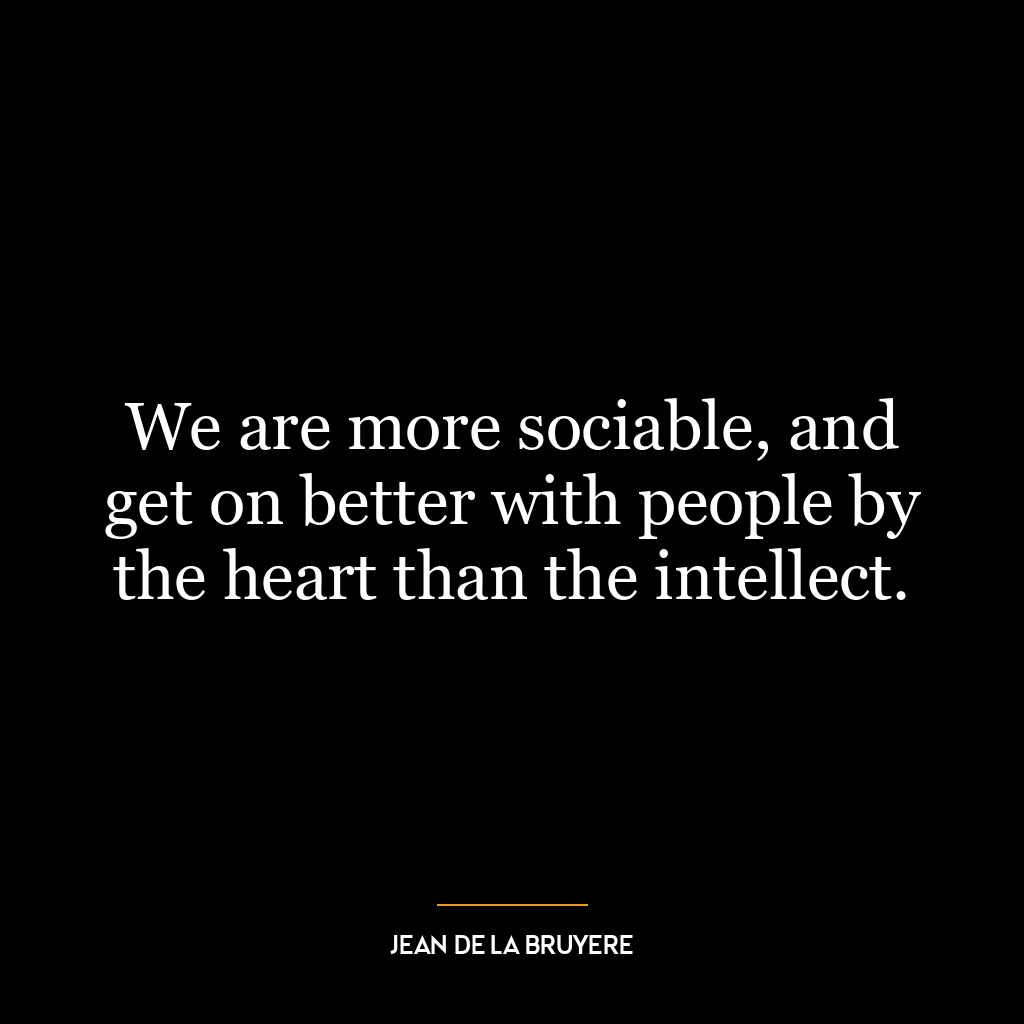Your emotions are the slaves to your thoughts, and you are the slave to your emotions.
This quote essentially suggests that our emotions are directly influenced by our thoughts, and in turn, our emotions greatly affect our actions and overall behavior. It highlights the interconnectedness of our thoughts and emotions, and the power they hold over our lives.
Our thoughts are the seeds from which our emotions grow. If we constantly harbor negative thoughts, it’s likely that we’ll experience negative emotions such as sadness, anger, or fear. Conversely, if we cultivate positive thoughts, we’ll likely feel positive emotions like happiness, love, or contentment. This is the concept of being “slaves to our thoughts”.
The second part of the quote, “you are the slave to your emotions”, refers to the idea that our emotions can control our actions and behavior. When we’re angry, we might act impulsively. When we’re happy, we might be more generous. When we’re sad, we might withdraw from social interaction. In this way, our emotions dictate our reactions and decisions, often without us even realizing it.
In today’s fast-paced world, this quote is particularly relevant. We’re often quick to react emotionally to situations, whether it’s a stressful email at work or a disagreement with a friend. These reactive emotions can lead to irrational decisions or actions that we might later regret. However, if we take the time to understand and manage our thoughts, we can better control our emotional responses.
In terms of personal development, understanding this quote can be transformative. By recognizing the power of our thoughts and emotions, we can work towards cultivating a more positive mindset, which in turn can lead to more positive emotions and healthier behavior. This might involve practices like mindfulness, meditation, or cognitive-behavioral techniques that help us become more aware of our thought patterns and emotional responses.
Ultimately, this quote reminds us of the importance of mental and emotional self-awareness. While we may not be able to completely control our thoughts and emotions, we can strive to understand them better and, in doing so, gain a greater degree of control over our actions and our lives.

